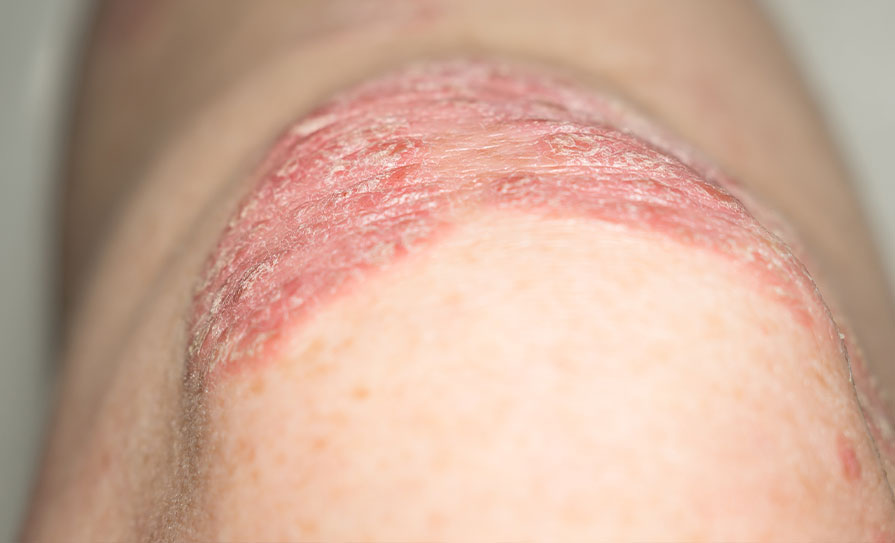
Priscilla Lynch presents a round-up of some of the most topical research presented at this year’s European Alliance of Associations for Rheumatology (EULAR) Congress, which took place in Copenhagen from 1-4 June.
Results presented at the 2022 EULAR Congress show that early achievement of minimal disease activity (MDA) in psoriatic arthritis (PsA) is associated with long-term improvements in quality-of-life.
Although this highlights the importance of setting and achieving goals early on in the disease, further multinational data released from the UPLIFT study suggest the majority of PsA patients are not aligned with their healthcare provider on the topic of treatment goals.
This emphasises the need to improve communication around treatment goals in order to optimise patient outcomes.
MDA is a treatment target used in PsA that takes both clinical manifestations and the patient perspective into account. Previous studies have shown that achieving MDA in the first year after diagnosis is associated with better quality-of-life. However, data about the long-term impact of achieving MDA within the first year have been lacking.
Now, new information presented at the 2022 EULAR Congress shows that PsA patients with sustained MDA have quality-of-life comparable to the general population after one, two, and three years of follow-up. However, those who did not achieve MDA in the first year after diagnosis tended to have lower quality-of-life compared to those with sustained MDA and these differences persisted over time.
Overall, the research presented by Dr Selinde Snoeck Henkemans concluded that failure to achieve MDA in the first year after PsA diagnosis is associated with worse quality-of-life outcomes that persist even despite more intensified treatment.
These insights into the significance of MDA were complemented by another study released at the Congress, looking at findings from UPLIFT – a multinational survey among adults with a diagnosis of PsA and/or psoriasis, as well as treating rheumatologists and dermatologists.
The study, presented by Prof Pascal Richette, found that rheumatologists rated disease remission or low disease activity (LDA) as the most important goals, while patients were focused on decreasing joint pain. Patients and their rheumatologists generally agreed on the top factors contributing to disease severity, treatment goals, and attributes of ideal PsA therapy.
However, the majority of patients did not feel aligned with their healthcare provider on current treatment goals. These findings suggest that development of methods to discuss treatment goals and achieve alignment in perceptions are important to improving patient outcomes.





Leave a Reply
You must be logged in to post a comment.